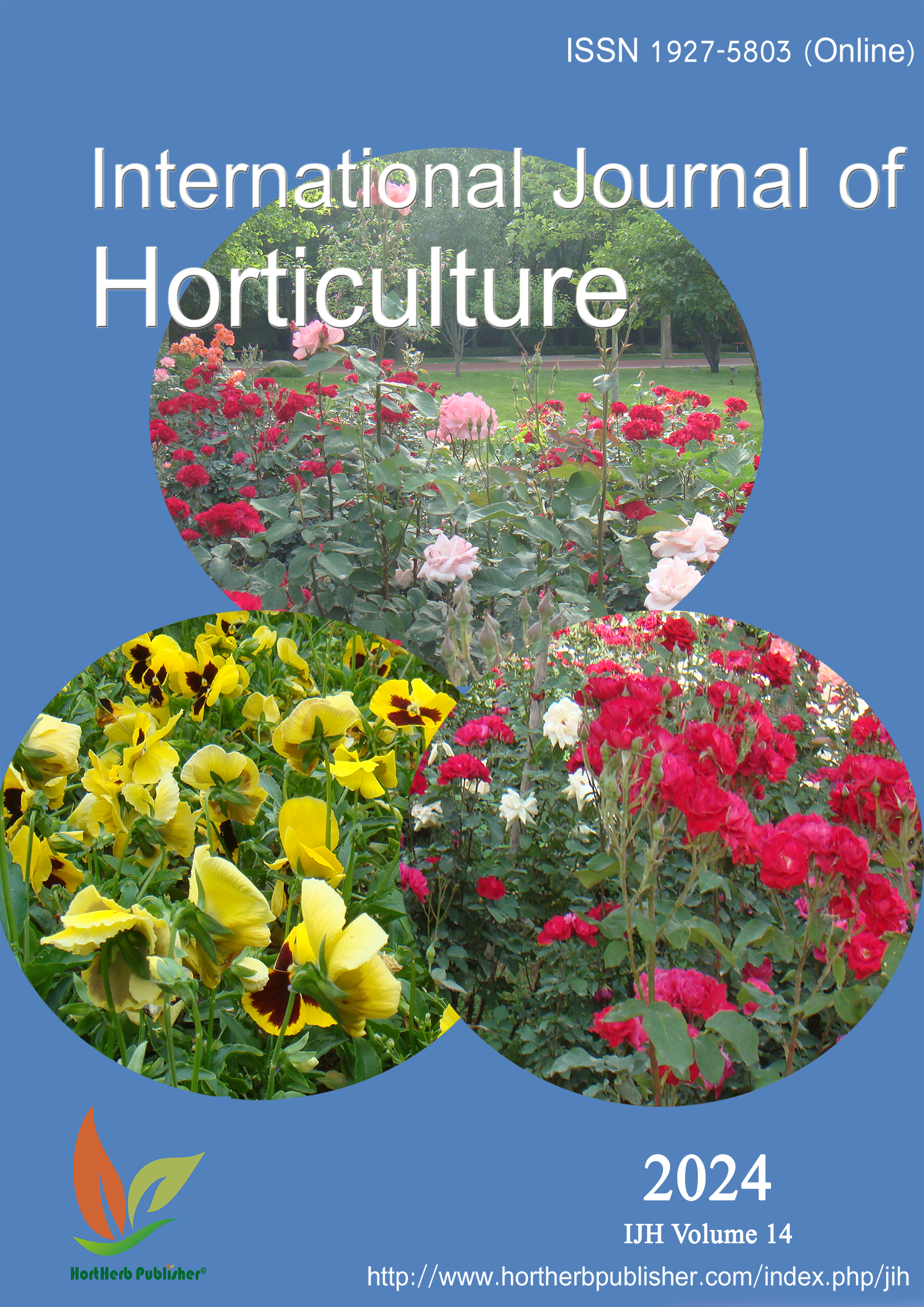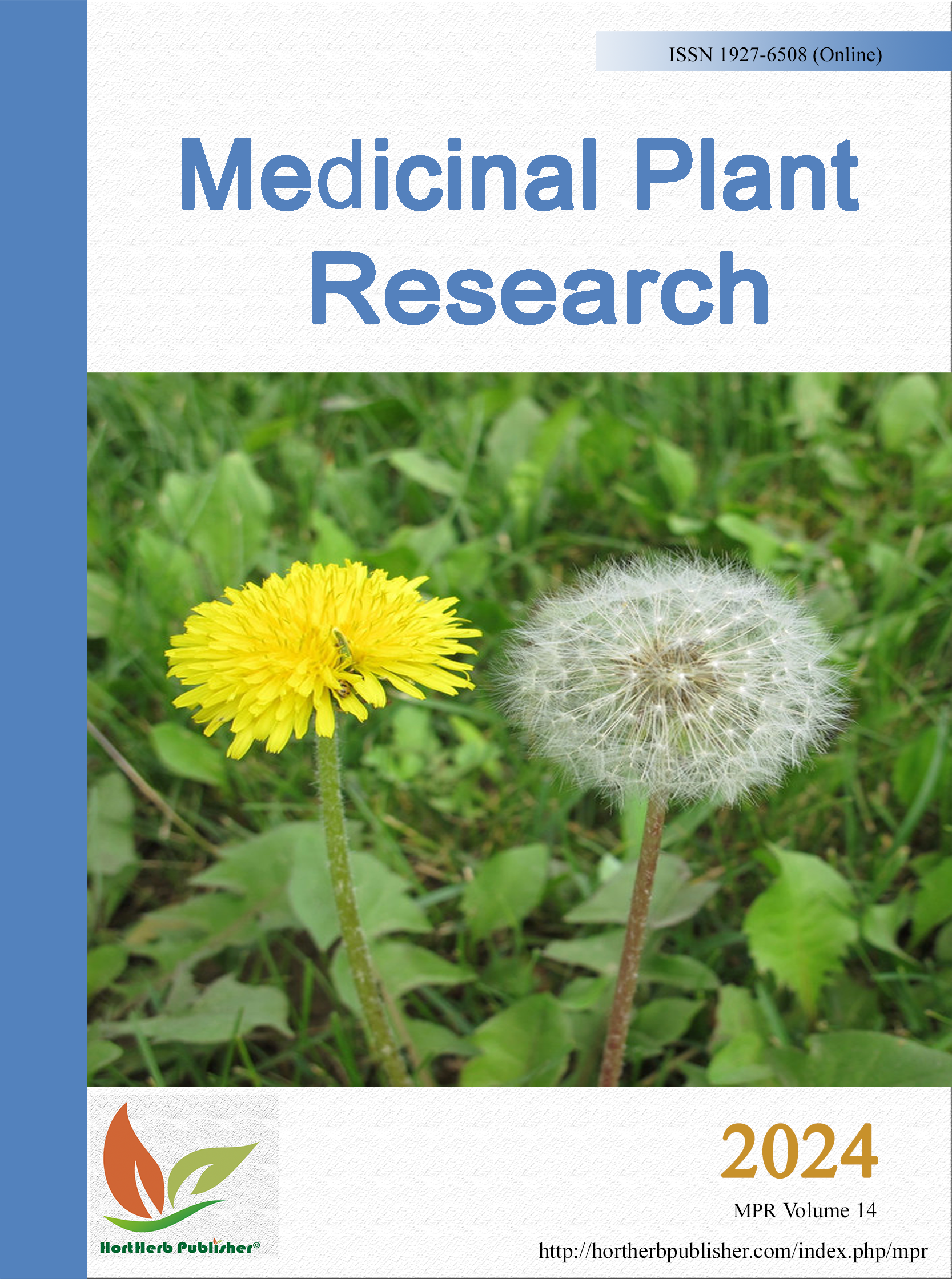Email alerts
Receive periodic updates of the latest contents
published in the journal.
Journal of Tea Science Research has no external editorial board. Instead, global recognized scientists in this field are invited to be as peer reviewers. All editorial decisions are made by an editorial team of full-time professional editors.
Academic Editor: Henry Smith (henry.smith@sophiapublisher.com)
Journal Manager: Caroline (caroline@sophiapublisher.com)
Publishing Editor: Cherry (edit@jtsr.hortherbpublisher.com)
Illustrator: Sophia Publishing Group
JTSR welcomes any scientists around the world who are committed to contribute his expertise in tea and any people who want to become an editor to join our team. Please click here to learn how to be an editor of JTSR.
Acknowledgement
It is our unswerving aim to make JTSR the world's most outstanding publishing platform for academic journals in tea science, and peer-review is the most important for improving the quality of the work that we published. So here we'd like to express our special gratitude for those peer-reviewers who have done excellent review(s) for us:
Hongyan Li, Associate Professor, State Key Laboratory of Food Science and Technology, Nanchang University, China
Research interests: Developed rapid and sensitive UPLC and HPLC analytical methods for phytochemicals; Purified and identified phytochemicals in different plants by LC-MS; Extracted, seperated, identified and quantified phytochemicals such as carotenoids and phenolics in plants; Investigated the antioxidant and anticancer activities of plants, as well as their antioxidant interactions.
Paul Mark Dias, Scientist, Unilever R&D Bangalore, India
Research interests: Cellular signaling mechanism for functional actives in tea; Nitric oxide biology and health, especially on vascular function, immunity, detoxification and pigmentation; Tea processing; Polyphenol interaction; ADME.
Jasin Rahman, Assistant Professor, Dept. Zoology, TKM College of Arts and Science, Kollam, Kerala, India
Research interests: Agricultural entomology; Biological control in agriculture; Biodiversity conservation; Survey of avian diversity; Doctoral work was on Genetic Improvement of a natural enemy of a pest infesting tea, for induced pesticide resistance; Worked on development of integrated pest and disease management strategies for tea with special reference to non-chemical control methods with a funding of Tea Board of India, and development of biological control programme for cotton with the financial aid of ICAR, Govt. of India; Granted financial aid by UGC, Govt. of India for a research on biodiversity conservation in Agroecosystems.
Amit Sharangi, Professor & HOD, Plantation Spices Medicinal and Aromatic Crops, BCKV-Agricultural University, India
Research interests: Prof. Amit Sharangi is HOD (Plantation, Spices, Medicinal and Aromatic Crops) of BCKV-Agricultural University and has been in this profession of teaching, research and extension for the last twenty years. His current work is focused on identification and quantification of bioactive compounds and nutraceuticals from herbs, spices, medicinal and aromatic plants. He spent times in Prof. Cousen’s laboratory in the University of Melbourne, Prof Picha’s laboratory in USA, Dr Dobson’s laboratory in UK and continued research on bioactive compounds in herbs and spices. He was the Visiting Scientist at the erstwhile Scottish Crop Research Institute (Now the James Hutton Institute) in Scotland, UK. He taught several courses during a semester at the Department of Horticulture in the Louisiana State University (USA) as Fulbright Visiting Professor.
Anita Pandey, PhD (Microbiology), G.B. Pant National Institute of Himalayan Environment and Sustainable Development, Uttarakhand, India
Research interests: Dr. Pandey has extensive research experience on Rhizosphere Microbiology of Tea. The research group of Dr Anita Pandey takes inspiration from the microbial diversity of Indian Himalayan region (IHR). Following lines of research are pursued in her lab: Extremophiles (thermophiles, psychrophiles and pH tolerants), plant associated microbial endophytes, microbial enzymes of ecological and biotechnological relevance, rhizosphere microbiology of ecologically and economically important Himalayan species, such as rhododendrons, Ginkgo biloba, Taxus wallichiana and tea, Antimicrobials from medicinal plants, and probiotics. While she maintains a microbial culture collection in her lab, accessioning of these cultures as well as their sequences in IDAs and NCBI, respectively, is a regular feature of her research activities. MSc, PhD, and Post doc scholars work in her research group.
Dr. Pandey is Host Scientist for the CV Raman International Fellowship for African Researchers. She has been participating in research programmes at National/International forums like MTCC, IMTECH, Chandigarh, India; Biocontrol of Plant Diseases Laboratory, USAD, Beltsville, USA; FEMS-11, Geneva, Switzerland; Université de Bourgogne, Dijon, France; SEB Brighton 2016, UK. Dr Pandey has been recipient of National Young Woman Bioscientist Award, conferred by Department of Biotechnology, Government of India, New Delhi.




